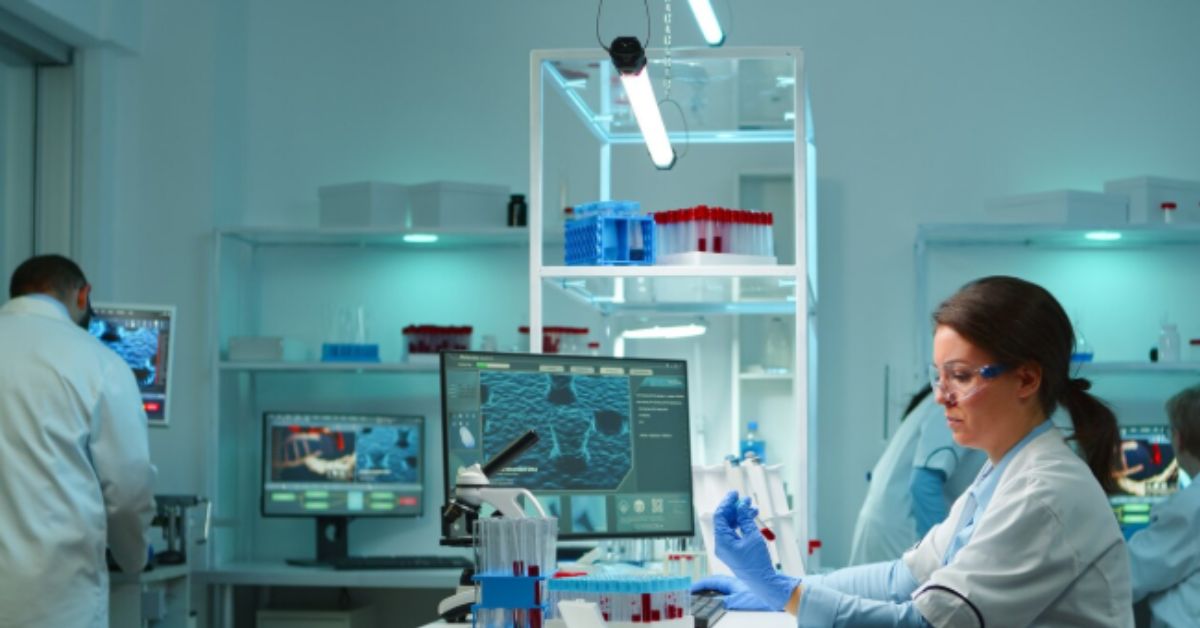Scientific progress revolves around observation, exploration, forming hypotheses, testing those theories, analyzing data, and forming accurate conclusions. Virtually everything we’ve come to appreciate and even take for granted in life today is, in one way or another, the result of that process. Breakthroughs often take a great deal of trail and error to discover what works and what doesn’t, but in the end, the results of the scientific process lead to ongoing advancements and an endless list of new discoveries.
Having said that, no matter how innovative a scientist is, how solid their hypotheses are, or how thoroughly they research their theories and findings, true progress relies on accurate results. Getting accurate results depends on the equipment and materials used in experiments. Reliable laboratory supplies are among the keys to success for many reasons.
Getting the Right Answers
For one, dependable lab supplies are necessary for getting the right answers in experiments. Whether a scientist is conducting research and experiments to make life-saving breakthroughs or bring new cosmetics to the market, accuracy is essential. Each piece of equipment used in a lab can have a significant impact on the results of an experiment. Even a scale that’s improperly calibrated or a micropipette that’s off by a couple of microliters can drastically affect the outcome of an experiment. That single inaccuracy could lead to extensive setbacks and potentially invalidate months of work.
Generating Repeatable Results
Another fundamental principle in research and experimentation is being able to generate repeatable results. Whether experiments prove or disprove a hypothesis, getting the same answer time after time is important. For repeatability, scientists need tools and equipment that are as reliable as possible. Supplies that aren’t dependable and standardized may interfere with repeatability. That, in turn, could bring about misleading findings and, again, render a great deal of time and effort invalid.
Guaranteeing Consistency
Of course, getting accurate, repeatable results out of experiments depends on precisely controlling what goes into them. Reliable supplies are critical in this respect as well. If they’re properly designed and calibrated, they’ll provide the consistency scientists need to be confident that their findings are truly accurate rather than simply being the result of inaccuracies in the equipment they’re using.
Protecting Scientists and Their Findings
Furthermore, reliable, high-quality lab supplies are vital for safety. Faulty equipment can lead to numerous safety hazards in a lab setting. Those include explosions, fires, broken glass, chemical spills, and exposure to dangerous pathogens to name a few. Superior equipment can protect scientists and their teams against those dangers. Additionally, accidents can contaminate experiments both directly and indirectly. That’s another significant factor in inaccurate results, and it may destroy weeks, months, or even years of previous work.
Ensuring Durability and Longevity
Finally, reliable supplies are durable and long lasting. Progress doesn’t happen overnight. Achieving breakthroughs takes months, years, and even decades. It takes that long to forge through multiple rounds of trial and error, find answers, expand upon them, and ensure repeatability. Along the way, lab equipment needs to be able to withstand constant use and potentially harsh conditions. Truly reliable supplies are made to hold up to those hazards while continuing to provide consistent, accurate results. In doing so, they can also reduce the costs of purchasing supplies, which leaves extra funding for other factors.
Keeping Science Moving Forward With Reliable Lab Supplies
Research and experimentation are essential for making new discoveries. R. Buckminster Fuller, deemed one of the greatest minds of our time, once said, “There is no such thing as a failed experiment, only experiments with unexpected outcomes.” Unfortunately, subpar lab equipment could generate exceptions to that rule. Reliable lab supplies, on the other hand, ensure that research teams can safely and confidently get accurate, repeatable results to keep science moving forward.










